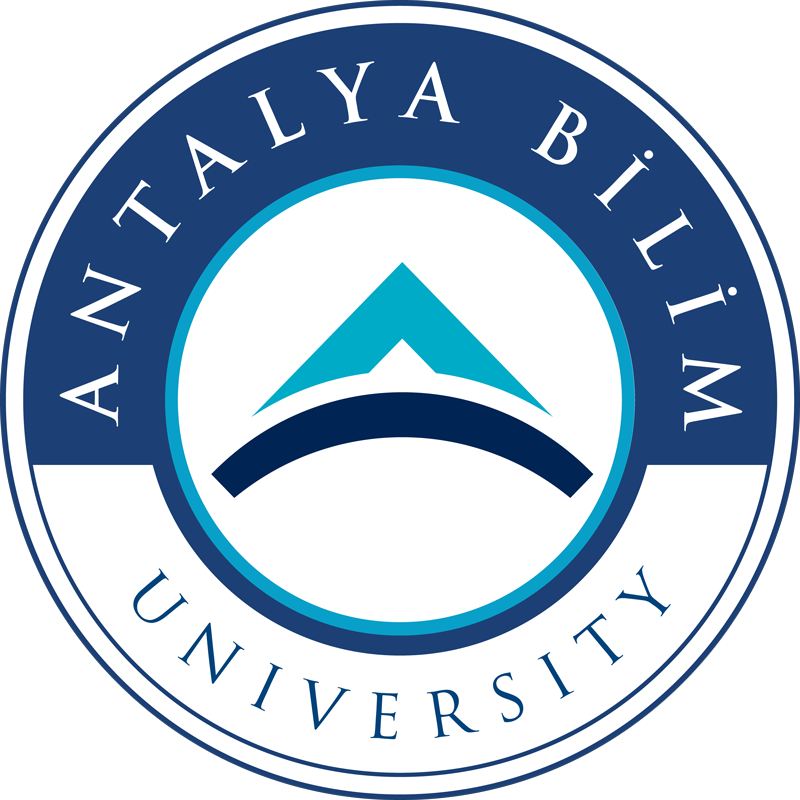The Court Office Services program at Antalya Bilim University Vocational School aims to educate qualified graduates who possess fundamental legal knowledge, strive to ensure justice is administered promptly and effectively, and respect human rights as required by a democratic and social rule of law state. In addition to theoretical courses such as Basic Law, Constitutional Law, Civil Law, Law of Obligations, Enforcement and Bankruptcy Law, Administrative Law, and Criminal Law, the program also contributes to students' knowledge with a practical course called Keyboard Usage.
Graduates of the Court Office Services program, with their fundamental legal knowledge, can work in many public institutions outside the Ministry of Justice, in notaries' offices, or in the private sector. The Court Office Services program, with its structure that perceives differences as richness and its qualified academic staff, upholds the values of its society, monitors and contributes to scientific and social developments. The communities and club activities within our university include clubs where students can organize various events and projects. Through educational and research services that contribute to the development of individuals and society, students gain the opportunity to contribute to society with the education they receive.
Targeted Learning Outcomes for Graduates of the Program:
-
To establish effective communication with judges, prosecutors, enforcement officers, citizens, and other relevant parties in courts, public prosecutor's offices, and enforcement offices.
-
To gain the ability to communicate effectively through verbal, written, and visual methods, to write reports, and to make presentations.
-
To have knowledge of project management, risk management, innovation and change management, entrepreneurship, and sustainable development.
-
To develop analytical thinking skills through the analysis of social concepts expressed in law courses. To gain the ability to find the fastest and most appropriate solutions to social and legal problems or practical issues encountered in practice, thanks to developing analytical thinking and theoretical background.
-
To gain the ability to work independently, use initiative, and produce creative solutions when necessary, based on sufficient theoretical background and practical knowledge in the field.
-
To be able to make the most accurate work planning with judges, prosecutors, lawyers, notaries, and the managers with whom they work in the practical field; to monitor, supervise, and accelerate work steps; to gain the ability to form work teams, manage employees, and guide them in the most appropriate way.
-
To feel the need for lifelong learning and development. In this regard, to ensure continuous development by always having work motivation and enthusiasm. For this, to gain the ability to access and use all kinds of written or visual resources that can be helpful.
-
To be able to follow current developments and technology related to their field, to master common and current problems, to produce solutions or contribute to solutions on issues related to their field with an innovative and entrepreneurial perspective.
